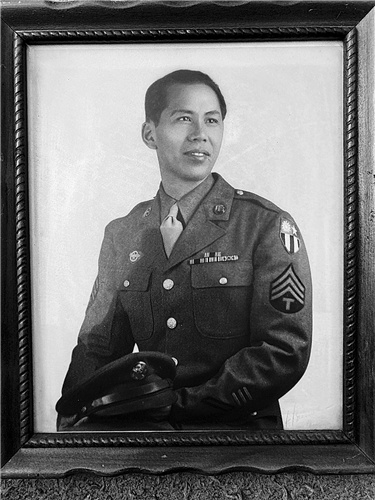The vote that shook up the world
By ZHAO XU in New York | China Daily | Updated: 2021-11-20 08:07

Contrary to the prediction by some US media in 1971 that the Chinese would be "rubbing against and being rubbed by their East River colleagues" (UN headquarters occupy a site adjacent to the East River),Shing-Yi Huang discovered deep-rooted common ground with "my colleagues from the PRC", who also "lived up to the high standards of competence, loyalty and integrity prescribed in the traditional Chinese civil service system".
Huang's last trip to China was in the spring of 2014. The then 91-year-old visited his hometown Ningbo, in Zhejiang province, where "my late wife was buried and so will be myself to share the same tomb", to use his words.
On Oct 1, 1984, after the end of Shing-Yi Huang's UN service, he found himself in Tian'anmen Square, Beijing. As a guest to China's National Day parade, Huang watched as a group of students from Peking University walked past, unfurling a banner greeting the country's top leader with a "Hello, Xiaoping!"
Caught by surprise, Deng Xiaoping, who was at the helm of the country's reform and opening-up drive, smiled and waved from atop Tian'anmen Gate. China had opened a whole new chapter.
In retrospect, Lai, a Princeton University graduate whose involvement with Manhattan Chinatown has proven to be lifelong, says that China asserting its place in the UN and its subsequent development has accorded those around him with a "unifying perspective".
"To see a group of people sitting around a table about to begin a Peking-versus-Taiwan argument, when one of them stood up and said,'Shut up already! Are we proud to be Chinese?' and the rest all answered, 'Yes! We are proud to be Chinese!' That was a scene one was likely to encounter in Chinatown after October 25, 1971. And it's very, very powerful."
According to Lai, the land reform and the redistribution of property and wealth that had been carried out in China throughout the 1950s and 60s had alienated many members of overseas Chinese communities.
"The relatives of these people, who had bought land and property with money sent home from overseas, were often viewed as bourgeoisie and targeted," he said.
"Yet when China was weak, our overseas Chinese had truly fared more poorly. So despite being upset by the political upheavals the PRC had been through and its impact on their families, our community members had truly found comfort in the fact that China was given what it demanded, that it had finally become strong."
























